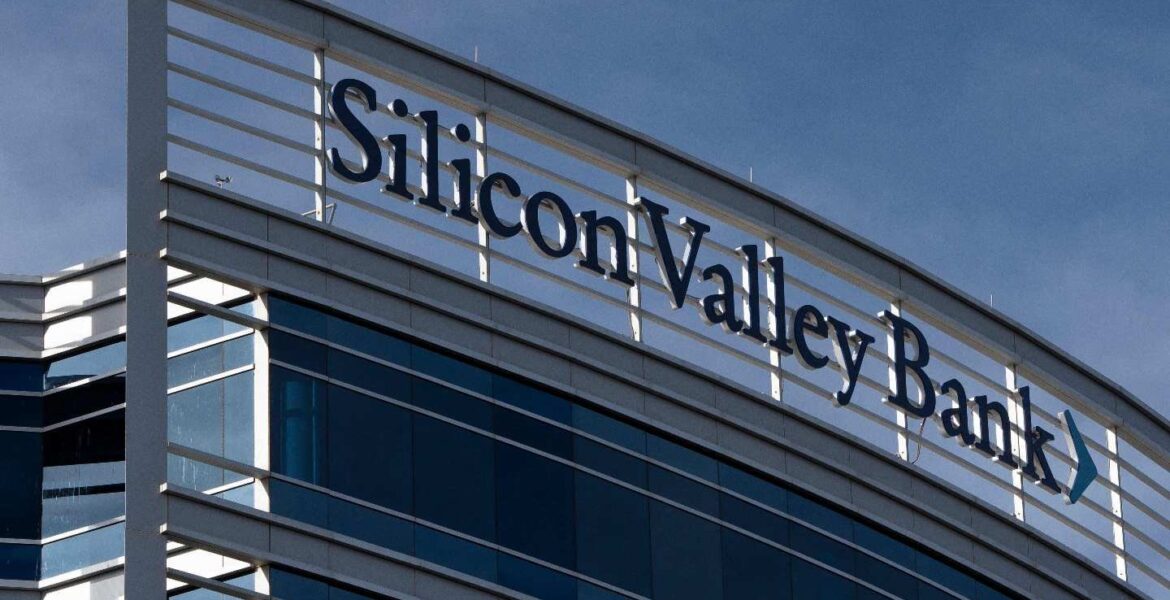Greek Finance Minister Christos Staikouras said on Thursday that the Greek banking system is clearly in a much better position now to absorb any turbulence from international markets than it was four years ago when commenting on global banking system tensions caused by the collapse of Silicon Valley Bank and the crisis in Credit Suisse.
Speaking in Parliament, Staikouras said that Greek banks have restructured their balance sheets with the use of the "Hercules" programme, whose guarantees will burden the public debt, and presently have single-digit non-performing loans rates.
The Greek FinMin noted that in July 2019, NPLs were around 44% of bank portfolios and have since dropped to 8.7% in December 2022. Staikouras said banks have significantly boosted their liquidity through an increase in deposits and by accessing capital markets.
"Let us be specific: deposits are up 30% in the last four years, or by 50 billion euros, while access to international markets has strengthened with new issues and capital worth around 12.5 billion euros".
Bank also enjoy capital adequacy rates much higher than the average rate and have returned to profitability after a series of loss-making years.
Staikouras warned, however, that there was no room for complacency. The uncertainties, globally, are many and the challenges are new and major.
"The government, in cooperation with supervisory authorities, is monitoring developments and will continue to work towards safeguarding financial stability in the country," he said.
Why the $212bn tech-lender SVB abruptly collapsed, triggering the most significant financial crisis since 2008, has no single answer.
Was it, as some argue, the result of Trump-era regulation rollbacks, risk mismanagement at the bank, sharp interest rate rises after a decade of ultra-low borrowing costs, or perhaps a combination of all three?
Federal investigations have begun and lawsuits have been filed and no doubt new issues at the bank will emerge.
The Vermont senator Bernie Sanders argues that the culprit was an “absurd” 2018 law, supported by Congress and signed by Donald Trump, that undid some of the credit requirements imposed under the Dodd-Frank banking legislation brought in after the 2008 banking crisis.
Dodd-Frank required that banks with at least $50bn in assets – banks considered “systemically important” – undergo an annual Federal Reserve “stress test” and maintain certain levels of capital as well as plans for a living will if they failed.
SVB’s chief executive, Greg Becker, argued before Congress in 2015 that the $50bn threshold (SVB held $40bn at the time) was unnecessary and his bank, like other “mid-sized” or regional banks, “does not present systemic risks”.
Trump said the new bill went a “long way toward fixing” Dodd-Frank, which he called a “job-killer”.
But the non-partisan Congressional Budget Office (CBO) warned before the bill passed that raising the threshold would “increase the likelihood that a large financial firm with assets of between $100bn and $250bn would fail.” Joe Biden says he wants Trump’s rollbacks reversed.
The bank didn’t have a chief risk officer (CRO) for some of 2022, a situation that’s now being looked at by the Federal Reserve, according to reports. SVB’s previous CRO, Laura Izurieta, left the company in October but stopped performing the role in April. Another was appointed in December.
Early SVB shareholder lawsuits are said to be looking at the key vacancy, especially as the board’s risk committee was meeting frequently before the bank collapsed.
“It means perhaps management was hiding something or didn’t want to disclose something, or had disagreements over the risks it was taking,” said Reed Kathrein, a lawyer specializing in shareholder lawsuits, to Bloomberg.
“This isn’t greed, necessarily, at the bank level,” said Danny Moses, an investor who predicted the 2008 financial crisis in the book and movie The Big Short. “It’s just bad risk management. It was complete and utter bad risk management on the part of SVB.”
SVB and Signature, the second mid-size bank to fail last week, have also been accused of prioritizing social justice over financial management. The Republican House oversight committee chairman, James Comer, called SVB “one of the most woke banks”.
The narrative fed into a larger conflict over ESG, or environmental, social and corporate governance-driven investing, that has become a target of conservatives.
But the bank’s loans to community and environmental projects were not central to its collapse nor are its diversity, equity and inclusion (DEI) policies dissimilar to other banks.
The argument also fails to take into account all the banks that existed in 2008, before DEI or “woke” became a part of corporate or political discourse.
Nevertheless the Florida governor, Ron DeSantis, continued on that theme, telling Fox News, that SVB was “so concerned with DEI and politics and all kinds of stuff. I think that really diverted from them focusing on their core mission.”
READ MORE: Moody's affirms Greece's Ba3 ratings, changes outlook to positive from stable.


